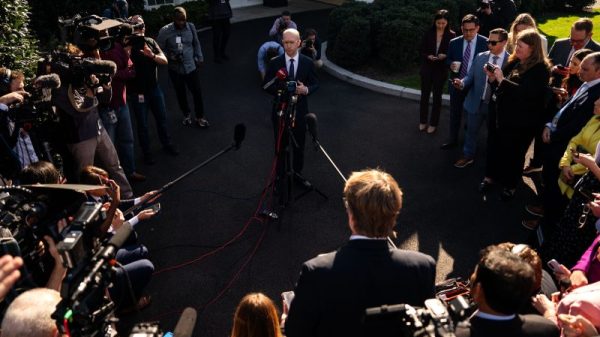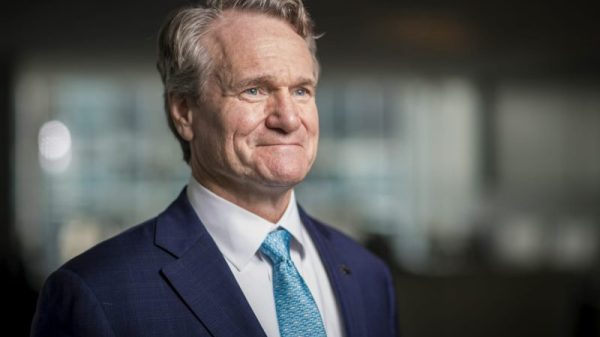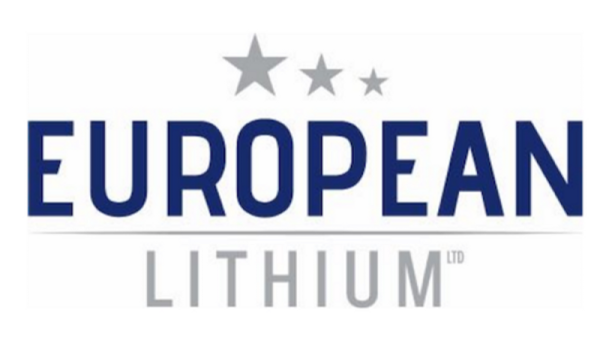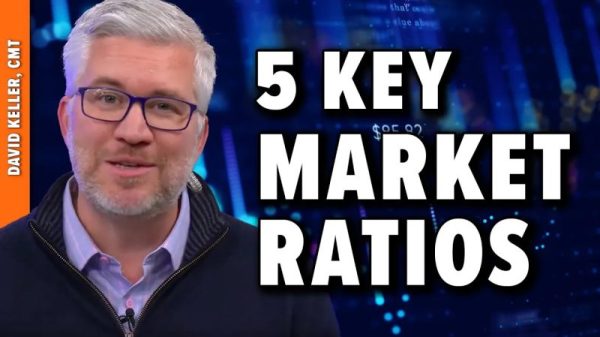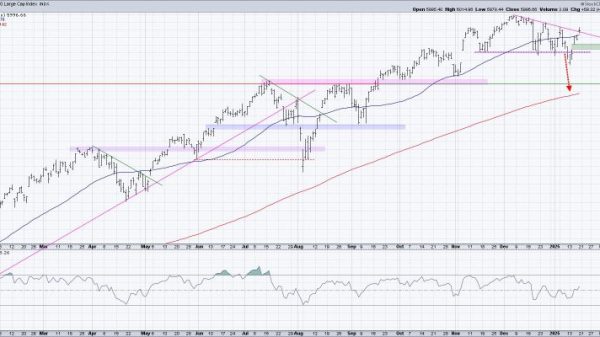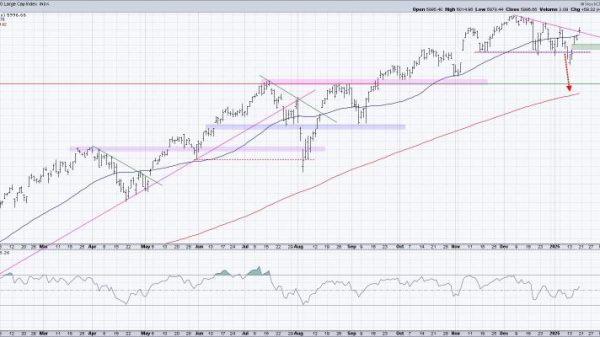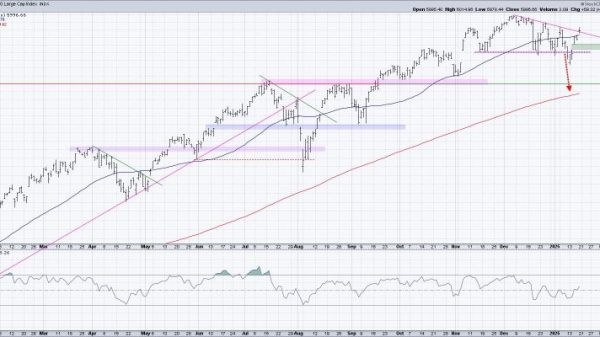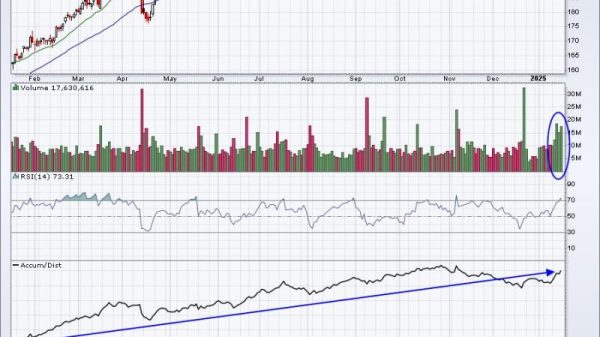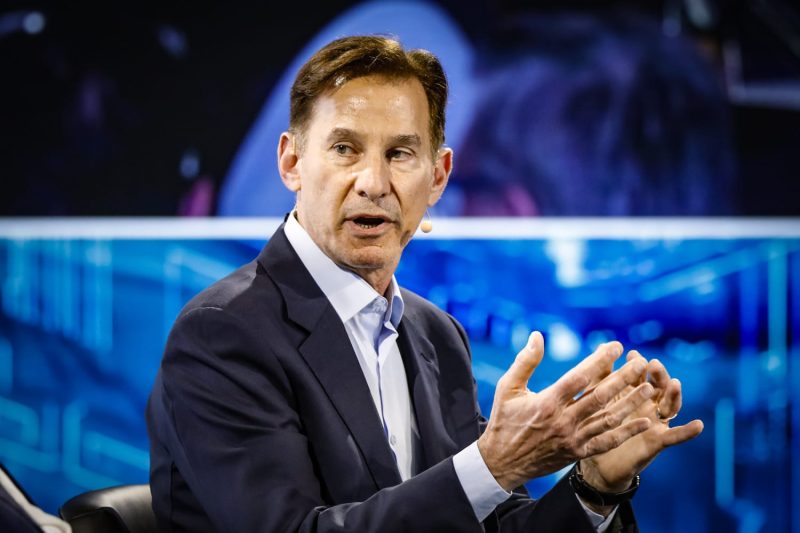D-Wave Quantum CEO Alan Baratz said Nvidia’s Jensen Huang is “dead wrong” about quantum computing after comments from the head of the chip giant spooked Wall Street on Wednesday.
Huang was asked on Tuesday about Nvidia’s strategy for quantum computing. He said Nvidia could make conventional chips that are needed alongside quantum computing chips, but that those computers would need 1 million times the number of quantum processing units, called qubits, than they currently have.
Getting “very useful quantum computers” to market could take 15 to 30 years, Huang told analysts.
Huang’s remarks sent stocks in the nascent industry slumping, with D-Wave plunging 36% on Wednesday.
“The reason he’s wrong is that we at D-Wave are commercial today,” Baratz told CNBC’s Deidre Bosa on “The Exchange.” Baratz said companies including Mastercard and Japan’s NTT Docomo “are using our quantum computers today in production to benefit their business operations.”
“Not 30 years from now, not 20 years from now, not 15 years from now,” Baratz said. “But right now today.”
D-Wave’s revenue is still minimal. Sales in the latest quarter fell 27% to $1.9 million from $2.6 million a year earlier.
Quantum computing promises to solve problems that are difficult for current processors, such as decoding encryption, generating random numbers and large-scale simulations. Technologists have been working on it for decades, and companies including Nvidia, Microsoft and IBM are pursuing it today, alongside researchers at startups and universities.
D-Wave was among a number of companies that enjoyed a revival of interest from investors in December, when Google announced a breakthrough in its own research. Google said that it had completed a 100 qubit chip, the second of six steps in its strategy to build a quantum system with 1 million qubits.
D-Wave shares soared 178% in December after popping 185% the month prior. Quantum company Rigetti Computing, which plummeted 45% on Wednesday, quintupled in value last month. IonQ dropped 39% on Wednesday. The stock rose 14% in December following a 143% rally in November.
Baratz acknowledged that one approach to quantum computing, called gate-based, may be decades away. But he said D-Wave uses an annealing approach, which can be deployed now.
While Huang’s “comments may not be totally off-base for gate model quantum computers, well, they are 100% off base for annealing quantum computers,” Baratz said.
Nvidia declined to comment.
Even after Wednesday’s slide, D-Wave shares are up about 600% in the last year, giving the company a market cap of $1.6 billion.
Quantum computing has also been boosted by investor interest in artificial intelligence, the technology that’s led to surging demand for Nvidia’s graphics processing units, which use conventional transistors instead of Qubits. Nvidia’s market cap has increased by 168% in the past year to $3.4 trillion.
Baratz said D-Wave systems can solve problems beyond the capabilities of the fastest Nvidia-equipped systems.
“l’ll be happy to meet with Jensen any time, any place, to help fill in these gaps for him,” Baratz said.


